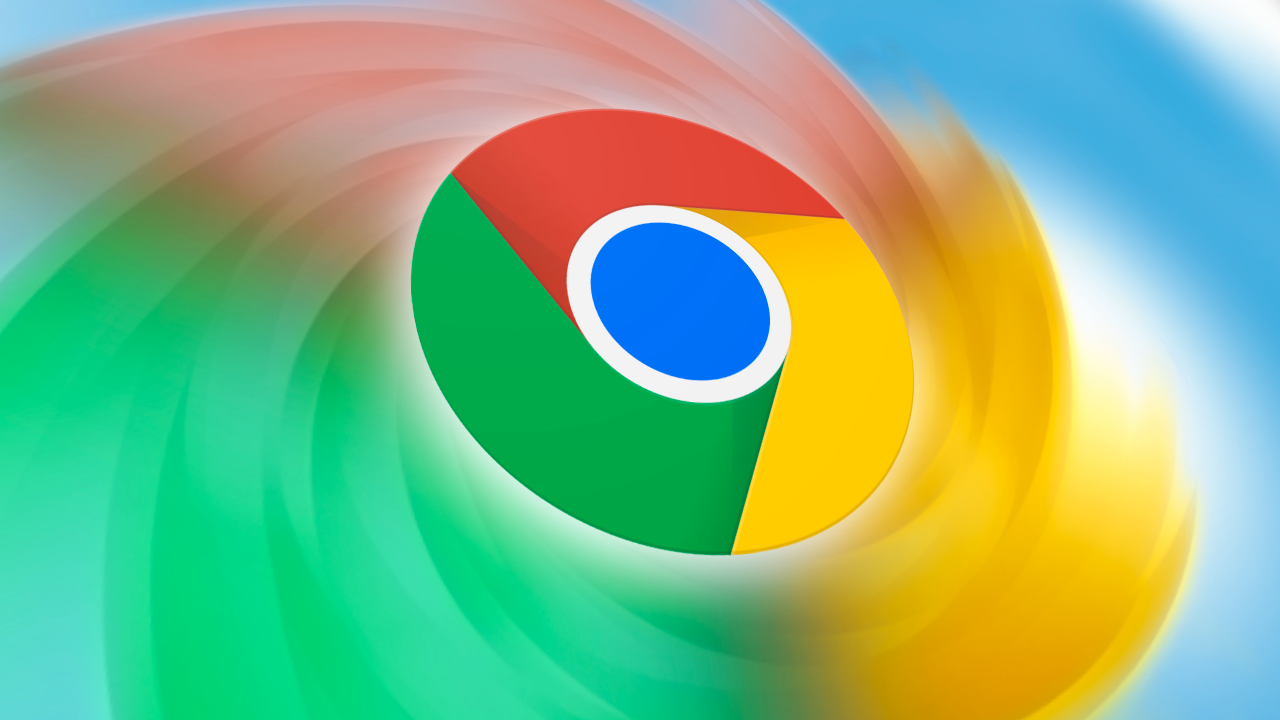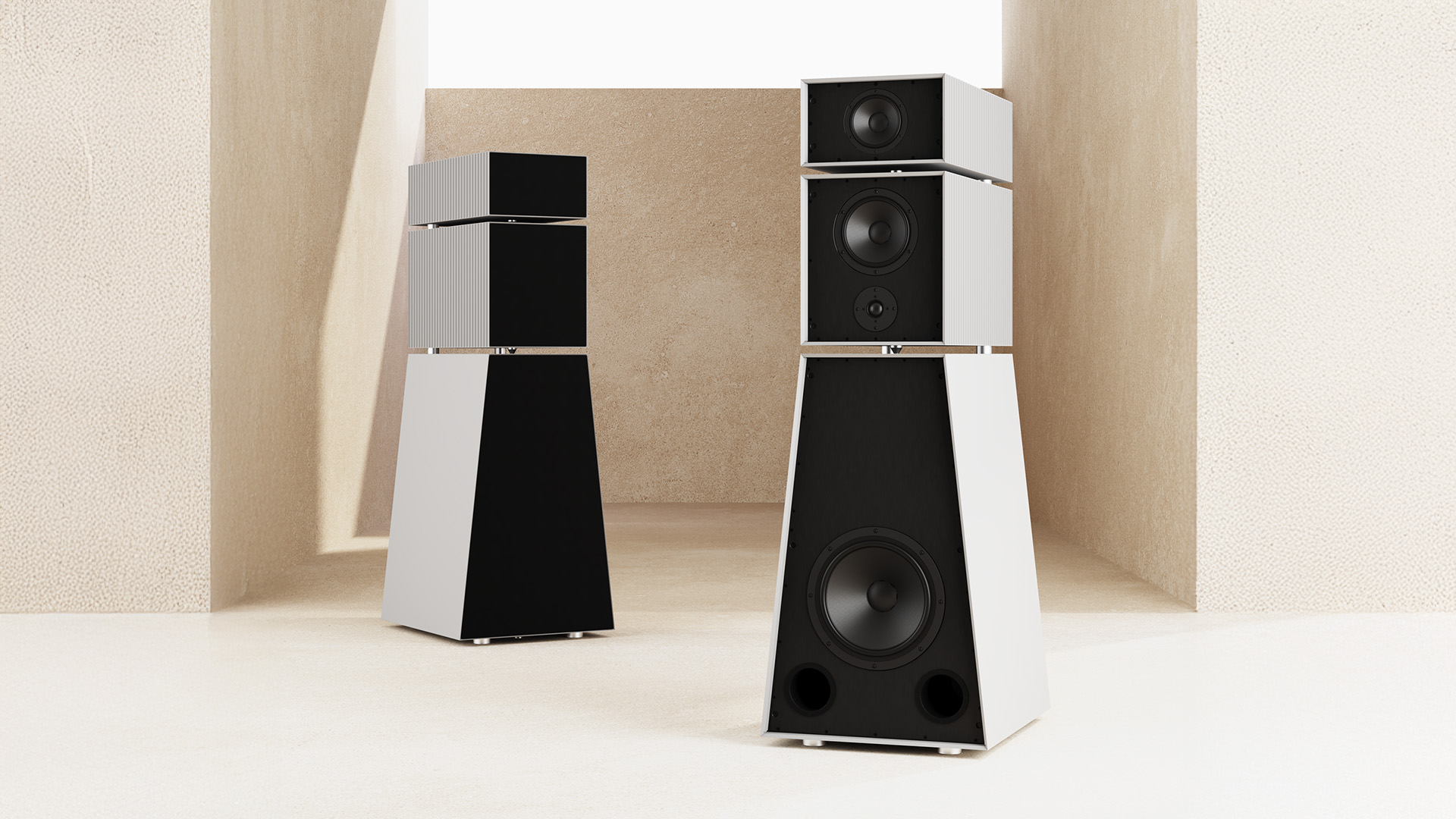

Google Chrome 89 is here, and it’s set to bring big performance improvements for Windows and Mac users.
In Google Chrome 89, Google has switched on a new feature in its popular browser, which should improve its performance on Windows 10. The feature should make webpages load more quickly, drastically reduce RAM usage, and boost your processor’s power management, which is great news for global home-working setups juggling multiple webpages at any one time.
- Google Maps new feature will be a big help finding your destination
- Amazon set for a PS5 restock any day now: here's when it's likely to drop
- Oppo wants to upstage its rivals – and it's winning
The new feature uses an advanced memory allocator to improve resource management in your OS, lessening the strain on your computer’s RAM.
According to the Chromium blog, memory savings of anything up to 22% in the browser process have been seen. Similarly, Google says that the update delivers several other reductions, up to 8% in the browser’s renderer, and 3% in the machine’s GPU.
These memory improvements will also extend to macOS; it's suggested that the feature will see the fans run more quietly on devices like the Apple MacBook Pro (2020), as background tabs won't wake up the CPU. Because of this Chrome uses less CPU, which could result in significant increases in battery life by nearly 1.25 hours, and further memory savings to boot.
These changes are rolling out with Chrome 89 for Windows, and Android is also set to receive the feature meaning that some of our best Android phones could see an uptick in performance, too.
It follows other news of tab management improvements on Android Chrome and the Google Chrome scrollable tabstrip that stops the browser from being overrun with tabs.
Sign up to the T3 newsletter for smarter living straight to your inbox
Get all the latest news, reviews, deals and buying guides on gorgeous tech, home and active products from the T3 experts
Source: Windows Latest
Luke is a former news writer at T3 who covered all things tech at T3. Disc golf enthusiast, keen jogger, and fond of all things outdoors (when not indoors messing around with gadgets), Luke wrote about a wide-array of subjects for T3.com, including Android Auto, WhatsApp, Sky, Virgin Media, Amazon Kindle, Windows 11, Chromebooks, iPhones and much more, too.

